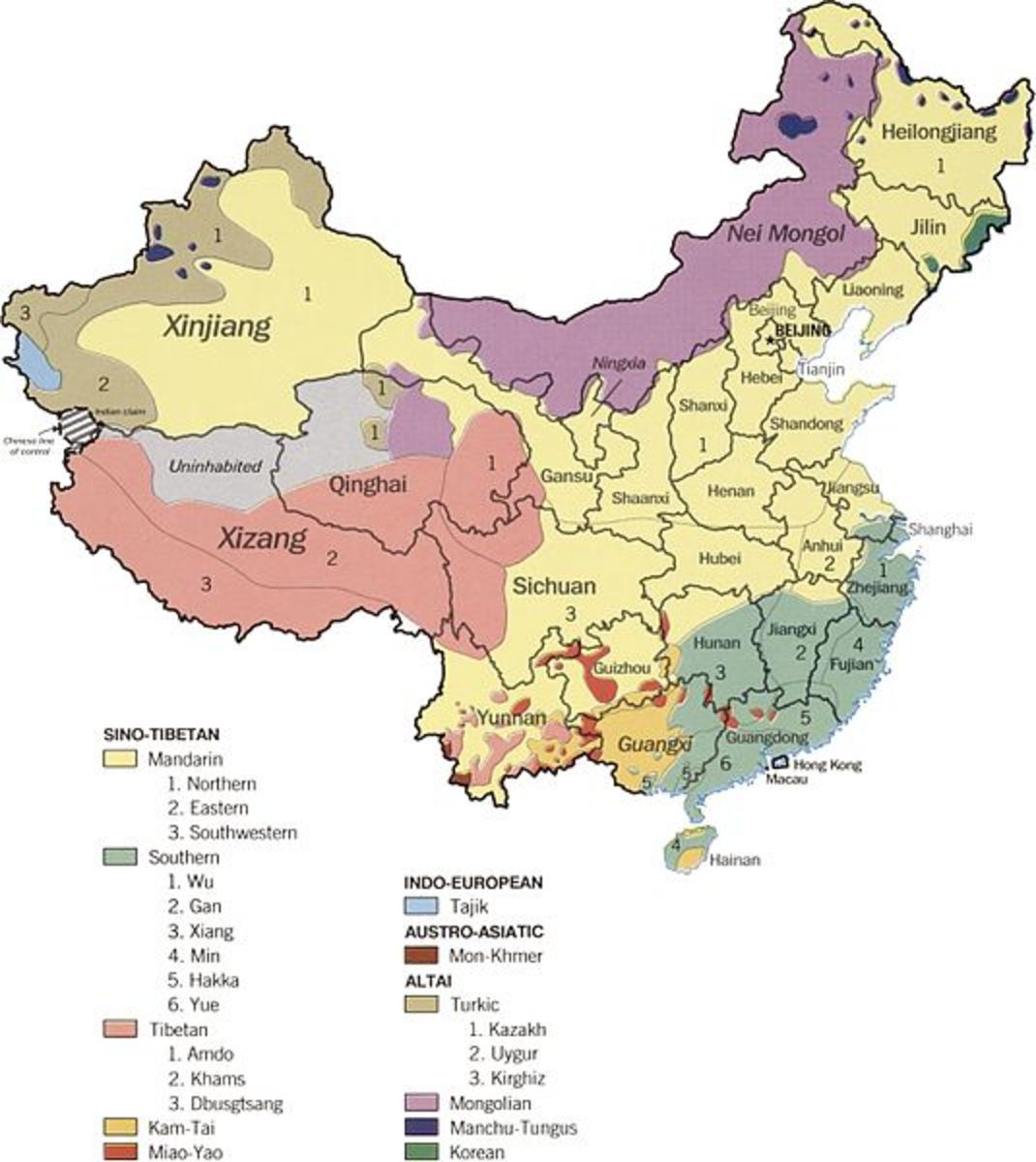Chinese phrases for talking about tenses

Introduction
As unbelievable as this may sound to the westerners, the Chinese language does not have past, present or future tenses as part of the sentence structure. Western languages such as English use verb conjugations to effect these tenses in sentences and one is able to understand the exact time frame the speaker is talking about. This brings us to the million dollar question of how the Chinese communicate the timeframe in their normal conversations if they use the same verb for all time frames. The Chinese have several ways that they use to portray this - the most popular way being the use of the time expression to express the time frame. This time expression is usually put at the beginning of the Chinese statements to depict the timeframe in question. You do not have to repeat it in the middle of the statement. Once it is used the whole statement is effectively placed in its timeframe.
The other way the Chinese use to depict the timeframe feature in Chinese phrases is with the use of particles. There are different particles for different timeframes and their usage in a statement is used to depict the timeframe of the statement. Just like with time expressions, once the timeframe particle has been used at the beginning of the sentence, they are ignored for the rest of the statement. There are also suffixes used by the Chinese speakers to show the timeframe feature. Use of the suffixes is a bit similar to the western languages but arises where one wants to specify the exact time an event occurred. Suffixes need an extra phrase to be used alongside them to communicate the exact time frame in the discussion. On their own, they are used in a general sense.
Examples
The following are a list of phrases which should help emphasise how Chinese use time.
What are you doing right now? - 你現在在做什麽? - ni3 xian4 zai4 zai4 zuo4 shen2 me
I'm shopping. - 我在逛街。 - wo3 zai4 guang4 jie1
I'm at Chinatown. - 我在中國城。 - wo3 zai4 zhong1 guo2 cheng2
I'm at the beach. - 我在海灘上 - wo3 zai4 hai3 tan1 shang4
I'm at a cafe. - 我在咖啡館。 - wo3 zai4 ka1 fei1 guan3
I'm with my friends. - 我和朋友在一起。 - wo3 he2 peng2 you3 zai4 yi1 qi3
I'm with my parents. - 我和父母在一起。 - wo3 he2 fu4 mu4 zai4 yi1 qi3
I'm at work. - 我在工作。 - wo3 zai4 gong1 zuo4
I'm working. - 我在工作。 - wo3 zai4 gong1 zuo4
What did you do yesterday? - 你昨天作了什麽? - ni3 zuo2 tian1 zuo4 le shen2 me
What did you do on the weekend? - 你周末作了什麽? - ni3 zhou1 mo4 zuo4 le shen2 me
What did you do last week? - 你上週做了什麽? - ni3 shang4 zhou1 zuo4 le shen2 me
I went shopping. - 我去購物了。 - wo3 qu4 gou4 wu4 le
I did some shopping. - 我去購物了。 - wo3 qu4 gou4 wu4 le
I went to Chinatown. - 我去中國城了。 - wo3 qu4 zhong1 guo2 cheng2 le
I went to the beach. - 我去海灘了。 - wo3 qu4 hai3 tan1 le
I was with my friends. - 我和朋友在一起。 - wo3 he2 peng2 you3 zai4 yi1 qi3
I was reading at a cafe. - 我在咖啡館看書。 - wo3 zai4 ka1 fei1 guan3 kan4 shu
I was drinking at a bar. - 我在酒吧喝酒。 - wo3 zai4 jiu3 ba1 he1 jiu3
I had coffee with my friends. - 我和朋友喝了咖啡。 - wo3 he2 peng2 you3 he1 le jiu3
I had dinner with my parents. - 我和父母一起吃了晚餐。 - wo3 he2 fu4 mu3 chi1 le wan3 can1
What will you do tomorrow? - 你明天要做什麽? - ni3 ming2 tian1 yao4 zuo4 shen2 me
I'll go shopping. - 我要去購物 - wo3 yao4 qu4 gou4 wu4
I'll go to Chinatown. - 我要去中國城。 - wo3 yao4 qu4 zhong1 guo2 cheng2
I'll go to the beach. - 我要去海灘。 - wo3 yao4 qu4 hai3 tan1
I'll go to a cafe. - 我要去咖啡館。 - wo3 yao4 qu4 ka1 fei1 guan3
Conclusion
Learning phrases for tenses in Chinese can prove to be quite tedious for a foreigner trying to learn the Chinese language especially if the foreigner is a western language speaker such as an English speaker. The continuous comparison of Chinese with a western language causes confusion because of the non existence of the verb conjugation in Chinese language. However, the phrases provided above should help you communicate effectively in the Chinese language. How well you grasp the tenses will go a long way in determining the proficiency you will attain when communicating in the Chinese language.
Resources
- Chinese Language Reviews
Language reviews of the most frequently used language resources available on the web. - Learn Chinese with StudyChat
Animated practice conversations for iphone and ipad. - Scribe: Origins - Remember the Kanji & Hanzi of Chinese and Japanese Characters Study App
Kanji & Hanzi Study Game for remembering the kanji. Scribe: Origins is designed to help students rapidly learn the thousands of characters required for reading and writing Asian languages. Based on spaced-repetition learning algorithms.







